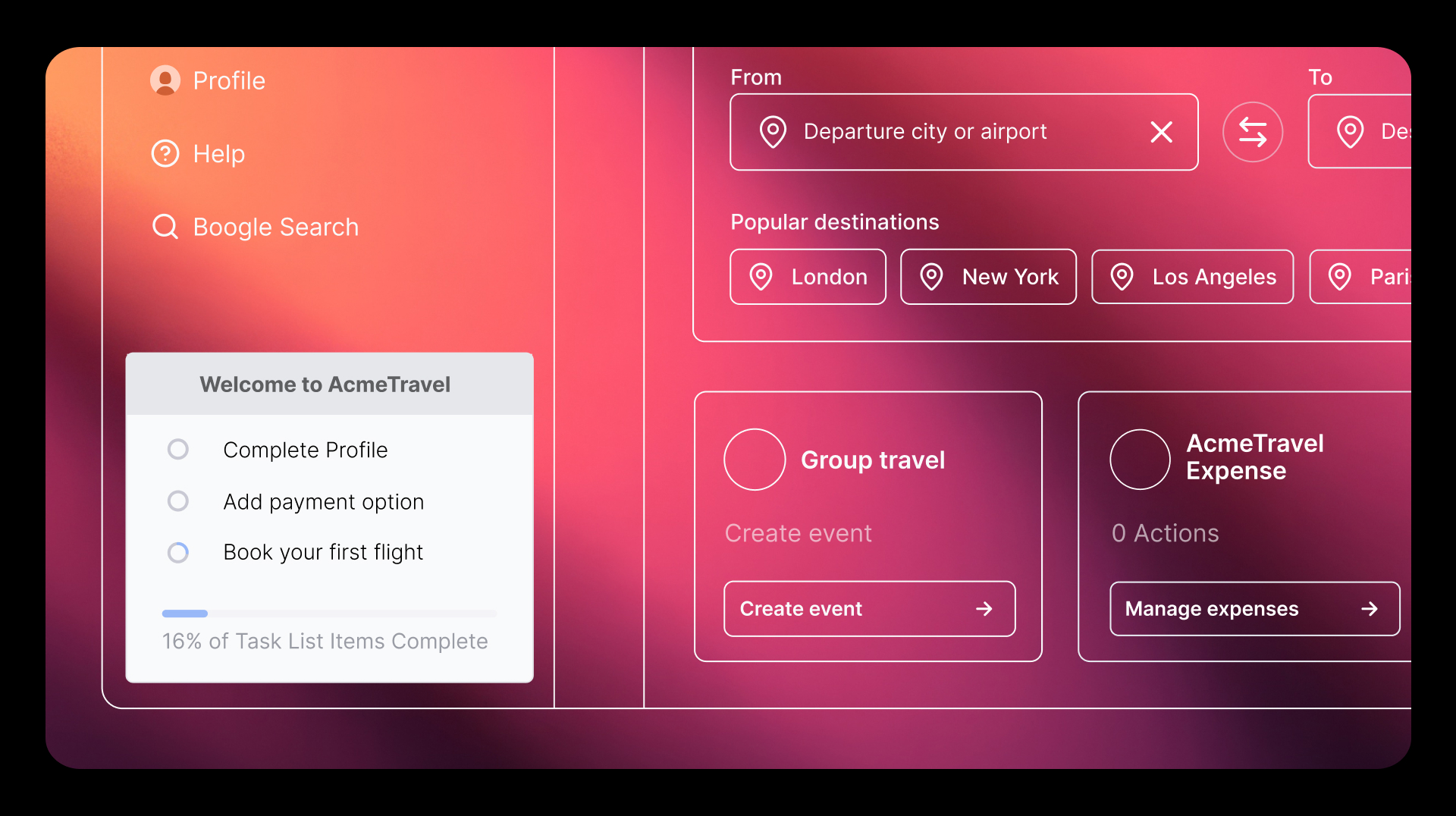Have you noticed the increased usage of the word “data” in product manager job postings? Or just everywhere in general?
Proficiency with data, be it its acquisition, processing, or visualization, is now a top skill that any modern working professional should possess. As a product manager, you might be wondering how data literacy, in addition to many other hats that you have to wear, comes into play with regard to your daily tasks. Pendo put it best in their latest e-book, “How to Become a Data-Driven Product Manager:” PMs have to “leverage data to bolster their decisions, inform new ideas, and ultimately, create a better experience for customers.”
Determining what data to use and what it means for the product is extremely important these days, especially in the COVID economy. You need to be prepared for market shocks and unexpected customer trends. Therefore, you should put data proficiency at the center of your personal brand. Below, we’ll go through how to do it!
Use your resume to highlight your data-drivenness
It’s no secret that the modern recruiting process starts with an automated procedure that selects the best resumes in a matter of seconds. The resumes that sit on the recruiter’s table have already been filtered by a computer. Then, they have to go through another round of screening before the first interviews take place. Therefore, you must prove your data experience on paper before the actual interviewing process even begins.
Yes, we know that it’s quite challenging, given that you only get a page or two to recap your whole professional and academic history. Regardless of how much space you have, you should include at least one bullet point per job about how you leveraged data to derive insights about customer behavior and product performance.
Many believe that such skills only come with the product manager title. However, as the lead “myth busters” of common fallacies in product management recruiting, Product Gym proved that any working professional has relevant experience with data. If you are struggling to channel your inner data wizard, make sure you read this guide to writing the ultimate product manager resume.
Learn the in-demand tools and concepts
Given the abundance of tools and technologies available in the market, it’s no surprise that every company will expect their product managers to have different skillsets. Therefore, there is no point in overwhelming yourself with mastering a specific tool.
There are, however, standard tools and concepts that every product manager has to know about. Make sure you know what a database is and the common concepts such as tables and queries. Take an hour or two to learn the most common SQL queries and the most commonly-used data tools in your field. This is the kind of prep you do once for all of your interviews.
Long story short, don’t waste your time becoming an expert on Power BI. Instead, know what it is used for and the names of its alternatives. Also, know your SQL queries!
Master the key performance indicators (KPIs) that drive your product’s success
If you don’t know what KPIs drive your product, then there is no point in mastering any tool or language. Unlike any other career path, product management is all about thinking about how you can lead your product to success.
Similarly, the product manager interview is designed to test your analytical and design thinking capabilities.
Start your interview prep with thorough research on what the product is and what it aims to accomplish. Sometimes, candidates don’t know what product they will be taking over, so learning the overall company strategy is also very important.
Question the product in every possible way. The more you question, the better you will be at determining the key metrics. Is it a service or a product? How are customers acquired? What’s the primary medium of delivery? What is the business model? How does the product drive revenue for the company?
Once you list out these questions, drill down into the relevant metrics. For you’re new to product management, this might be a challenge. Therefore, we strongly suggest looking at this metrics guide by Andreessen Horowitz, Silicon Valley’s leading venture capital firm. We also recommended Pendo’s 10 KPIs e-book for product leaders as a useful guide.
Know when to expect data-related questions during your interview
The product manager interview is a multi-dimensional process that begins with assessing your previous product experience and ends with determining the ways you as a potential hire can enhance the product. While each interview round will require you to reveal another aspect of your skillset, precedence will be given to aptitude for data.
Start by incorporating your data-drivenness into your career story. Many novice product manager candidates believe the classic “So, tell me about yourself” prompt is just a simple question, while it’s really a test for assessing your experience with data. Craft your professional history with relevant product manager terms.
If you are interviewing with a well-known company, such as Google, make sure to do your homework! Both the company itself and the Internet have a plethora of resources to offer. Understand what the interview structure is and what they expect from you in your answers. Know the company, the product, and the most common interview questions they ask. Get a sense of tools and technologies they use, especially if they are a tech company.
Last but not least, show off your analytical skills in the case study round! Either in a take-home assignment or during an onsite whiteboarding session, you’ll have to prove that you thought about what kind of data you will leverage to design and assess your product. Data should be the primary motivator behind every step of the product sprint.
Does all of this sound exhausting? Don’t feel intimidated by the process. It takes hard work and practice to master the product manager interview. But once you get the hang of it, you won’t stop landing offers!


